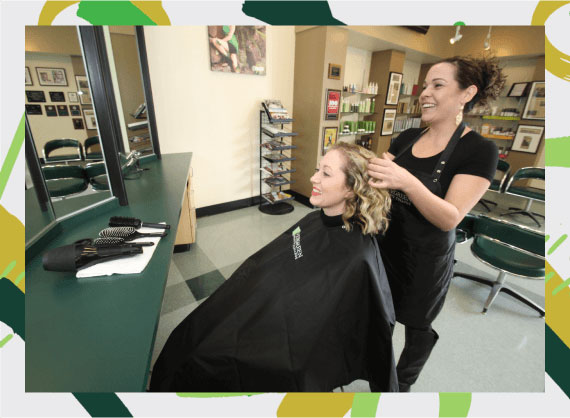How to Keep Your Skin Moist in Winter
 Winter skin care is primarily a matter of keeping enough moisture on the skin. There’s only one way to do this: by direct application. There is the myth that drinking water or other fluids will help, but this is totally wrong. Winter skin care starts and ends with the application of moisturizing products to your skin.
Winter skin care is primarily a matter of keeping enough moisture on the skin. There’s only one way to do this: by direct application. There is the myth that drinking water or other fluids will help, but this is totally wrong. Winter skin care starts and ends with the application of moisturizing products to your skin.
Causes of Dry Skin
There are two main reasons why the skin gets dry in winter. First, the air outside is not only cold, it’s dry. This dryness is measured by low humidity. When the humidity is low, moisture evaporates into the dry air — some of it will evaporate from your body. Second, warm air holds more moisture than cold. So when you come indoors in the winter, you get a double whammy: your skin is already dry from being out in the dry air; and when you come in the air is warmer, so the humidity is lower, and the evaporation of moisture from your body increases.
Moisturizing Products
There are many moisturizing products on the market that are suitable to winter skin care. One that is often overlooked is sunscreen. The sun may be low, but it can still burn; and sunscreen has moisturizing properties.
Winter skin care should primarily be focused on the 2 most vulnerable parts of the body: the face and hands. First of all, these are the parts of the body most commonly exposed to the elements. Full-face hoods are sometimes worn in extremely cold weather, but for the most part faces are uncovered, even in winter, and proper winter skin care demands protection of the face. Water-based moisturizers may do the job in the summer, but for proper winter skin care, oil-based moisturizers are more effective.
The hands deserve special attention during the winter. This is because the skin on your hands is thinner than elsewhere and tends to dry out more easily. In addition, the hands have few oil glands, so for proper winter skin care of your hands, lather on the oil-based moisturizer before donning gloves.
To learn more about how to professionally take care of skin, you can take esthetics courses at an accredited beauty college like Evergreen Beauty College.




